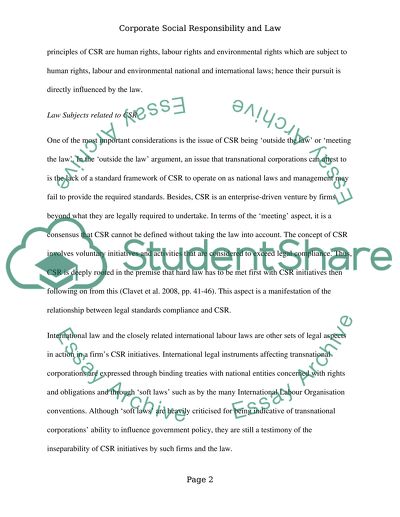Cite this document
(“Corporate Social Responsibility and Law Assignment”, n.d.)
Corporate Social Responsibility and Law Assignment. Retrieved from https://studentshare.org/law/1436735-corporate-social-responsibility-and-law
Corporate Social Responsibility and Law Assignment. Retrieved from https://studentshare.org/law/1436735-corporate-social-responsibility-and-law
(Corporate Social Responsibility and Law Assignment)
Corporate Social Responsibility and Law Assignment. https://studentshare.org/law/1436735-corporate-social-responsibility-and-law.
Corporate Social Responsibility and Law Assignment. https://studentshare.org/law/1436735-corporate-social-responsibility-and-law.
“Corporate Social Responsibility and Law Assignment”, n.d. https://studentshare.org/law/1436735-corporate-social-responsibility-and-law.


